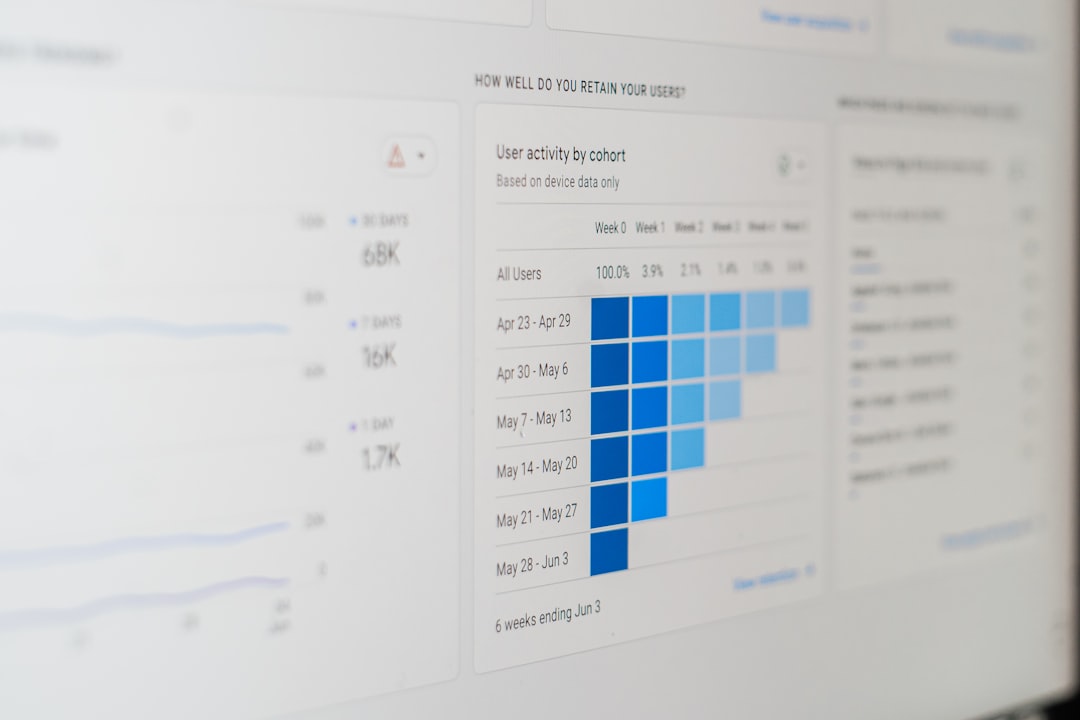In the ever-evolving landscape of search engine optimization (SEO), structured data has become more than just a best practice—it’s a necessity. One of the most prominent formats for implementing structured data is JSON-LD (JavaScript Object Notation for Linked Data), recommended by Google and widely adopted by developers and marketers alike. JSON-LD allows you to provide context to your website’s content using a standardized format, enhancing the way search engines understand and display your webpages.
But simply adding JSON-LD isn’t enough. Proper implementation, validation, and monitoring are key to ensuring your structured data is actually benefiting your SEO. That’s where specialized JSON-LD SEO tools come into play. Let’s explore how to choose the right tool focusing on three crucial aspects: validation, hints, and reporting.
Why JSON-LD Matters in SEO
Before diving into tool choices, let’s remind ourselves why JSON-LD is worth the effort. By marking up data on your site in a machine-readable way, you’re helping search engines like Google understand the relationships and context in your content. This understanding can then translate into:
- Rich snippets – Enhanced search results with star ratings, images, event dates, etc.
- Voice search compatibility – Structured data plays a vital role in how digital assistants interpret and deliver results.
- Better indexing – Accurate metadata can lead to more precise indexing.
However, incorrect or outdated structured data can actually hurt performance, which is why selecting a robust tool to manage your JSON-LD is vital.
Top Features to Look for in a JSON-LD SEO Tool
When choosing a JSON-LD tool, you need more than just basic functionality. Look for platforms that offer a well-rounded package. Here’s a breakdown of features that make a difference:
1. Validation Capabilities
Validation is at the heart of structured data implementation. A reliable tool should automatically scan your website and check whether your JSON-LD markup is:
- Syntactically correct – JSON format is rigid. A missing quote or bracket can break everything.
- Schema.org compliant – The data must align with scenarios defined in schema.org.
- Search engine compatible – Tools like Google may support certain schema types but not others.
Some tools offer real-time validation and automatic schema correction, which can be a lifesaver during large-scale edits.

2. Actionable Hints and Suggestions
One of the most overlooked but valuable features of a good JSON-LD SEO tool is the ability to offer proactive hints. Instead of waiting for a mistake, these tools advise you on:
- What types of structured data are missing from your pages
- How to expand existing schemas with additional properties
- Common industry-specific elements like Product, Event, or Article markup
Best-in-class tools even offer an educational component, explaining why a particular piece of structured data is recommended and how it enhances your SEO.
3. Detailed Reporting and Monitoring
Once your structured data is validated and implemented, regular monitoring becomes essential. A competent JSON-LD SEO tool should provide ongoing reports that answer questions like:
- Is your structured data still compliant after a CMS update?
- How many pages are currently using valid JSON-LD?
- What impact has JSON-LD had on visibility and click-through rates?
Some advanced tools integrate with Google Search Console data to give a holistic view of your structured data SEO performance, including impressions and click changes after updates.

Popular JSON-LD SEO Tools
Several tools stand out when it comes to structured data optimization. Here’s a quick look at some of the most popular options:
1. Google Rich Results Test
This free tool from Google helps you determine if your page is eligible for rich results. It’s fast and accurate but falls short in terms of reporting and deeper analytics.
2. Schema.org Validator
Run by schema.org itself, this validator checks for schema syntax and type accuracy but again, lacks long-term monitoring or hints.
3. Merkle’s Schema Markup Generator + Validator
Great for those who are manually creating JSON-LD, Merkle offers a simple copy-paste interface and clear validation displays. However, it’s not designed for full-site monitoring or report generation.
4. Screaming Frog SEO Spider
A premium desktop crawler that can identify structured data across many pages. It’s particularly helpful for bulk audits and integrates well with other SEO data points.
5. JetOctopus
An enterprise-level crawler with structured data analysis embedded into its dashboard. Ideal for large e-commerce or publishing sites that need to monitor thousands of schema elements at scale.
6. WordLift
Best suited for WordPress users, WordLift not only validates but also suggests, generates, and even auto-updates JSON-LD based on your content. It blurs the line between tool and intelligent assistant.
How to Make the Right Choice
Your ideal tool will depend on the complexity and size of your website, as well as your technical skill level. Here are some tips for making the right pick:
- For smaller websites with fewer than 100 pages, tools like Google’s Rich Results Test or Merkle may be enough.
- If you’re non-technical, choose platforms with guided interfaces like WordLift that generate and update code for you.
- For developers and agencies, look for tools that offer API access, custom rule setting, and integration with larger SEO platforms.
- For enterprise-level sites, opt for high-powered crawlers like JetOctopus or Screaming Frog with robust reporting features.
Don’t be afraid to mix and match. You could validate individual pages using free tools while relying on paid solutions for large-scale monitoring and reports.
What to Avoid
Equally important to knowing what to look for is knowing what to avoid. Beware of tools that:
- Claim compliance with schema.org but don’t update regularly – standards evolve quickly.
- Only work with specific CMS platforms unless you’re limited to that system.
- Have no export or report functionality – you’ll be flying blind without data.
- Don’t offer hints or suggestions – validation alone won’t make your schema richer.
Future-Proofing Your Structured Data Strategy
As search engines move further into AI and enhanced user experiences, the importance of accurate structured data will only grow. Voice search, visual search, and new SERP features all lean heavily on structured formats like JSON-LD to enrich results.

By investing in a well-structured data tool today that validates, advises, and reports comprehensively, you’re not just meeting current standards—you’re laying the groundwork for future-proof SEO. Whether you’re a content creator, technical SEO, or web developer, structured data is a language worth mastering, and these tools are your translator, editor, and parser all rolled into one.
Choose wisely, validate often, and keep your schema sharp.



